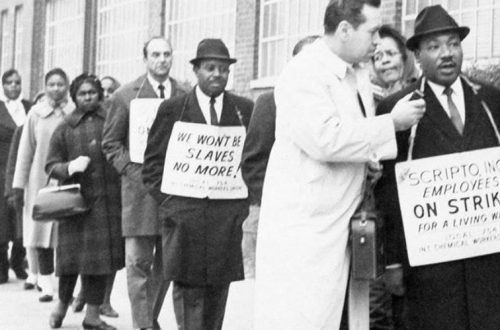Today’s public sector strike took place after the Chancellor dealt a series of further blows to workers and families, including scrapping an increase in child tax credits, limiting any pay rises in the public sector to 1%, and bringing an end to national pay bargaining. That’s on top of the attacks on workers’ pensions. Brendan Barber describes the effects of the various cuts on living standards:
Taking the pensions contribution increases together with the current pay freeze and a further two years of a one per cent pay cap adds up to a 16 per cent cut in living standards on average by 2014. For many just above average pay it will be even steeper.
It would be much easier to put up with at least some of these cuts, to accept that if we are going to live longer we will probably need to work longer, if we could feel we were indeed ‘all in this together’. But whereas the effects of cuts have been regressive, billions of pounds worth of tax are evaded each year in the UK – as much as one billion pounds may be lost due to stamp duty avoidance alone. The pay gap between rich and poor is also widening dramatically, particularly in the private sector.
Today’s strike had solid and in some cases very strong support from union members – in this piece Nigel Stanley offers some instructive parallels with levels of support for many elected MPs. About two million workers are thought to have joined the strike, and demonstrations and marches are being held around the country.
I attended the demonstration in Cambridge – where a huge crowd gathered to hear a series of speakers on Parker’s Piece before marching through the town. As always with such events there were a few visible far left elements – an SWP stall here, a Che Guevara flag there. But the overwhelming majority were ordinary trade union members – including some nurses (who aren’t on strike but wanted to show support). We were addressed by representatives from UNISON and PCS, as well as by a radiographer, a dustbin man and a semi retired primary school teacher. Yes, there was the odd bit of lazy hyperbole – and I certainly didn’t cheer the speaker who claimed that David Cameron’s multiculturalism speech made him a racist, a point which seemed, apart from anything else, irrelevant.
But it must be emphasised how many of those on strike are pragmatic, moderate and indeed ambivalent. Many were striking for the first time. David Cameron shouldn’t dismiss today’s action as a ‘damp squib’, and should instead note that people seem to be turning on to, rather than turning off, unions.
